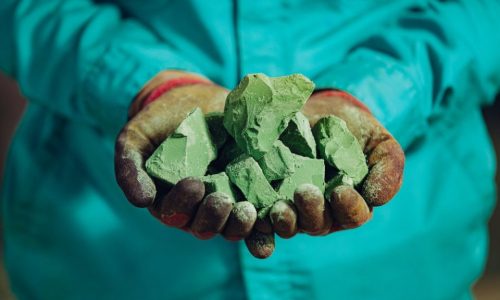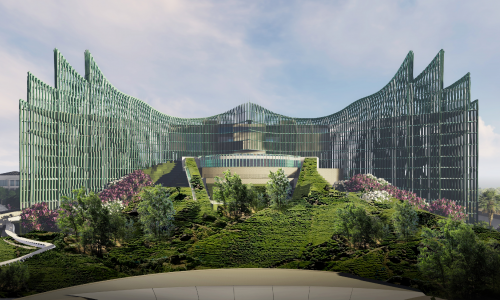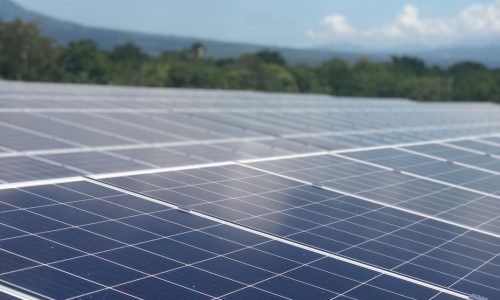In line with their commitment to reduce reliance on coal, the Indonesian government has issued Government Regulation (PP) No 25 of 2023 regarding the designation of area for permits in radioactive mineral mining (WIUP). This initiative aligns with their strategic plan to advance the development of nuclear power plants.
The government has broadened the scope of designating mining permit areas into six categories. These include permits for radioactive mineral mining, metallic mineral mining, coal mining, non-metallic mineral mining, specific types of non-metallic mineral mining, and rock mining.
Regulatory framework for radioactive mining
The special staff for Mineral and Coal Governance Acceleration (Minerba) at the Energy and Mineral Resources Ministry (ESDM) Irwandy Arif explained that the provincial government is responsible for submitting requests to the central government regarding the designation of areas for radioactive mineral mining permits.
According to Article 19 of PP 25/2023, the provincial government is required to adhere to the recommendations put forth by the nuclear affairs agency when establishing the designated areas for permits in radioactive mineral mining.
Meanwhile, in Article 21 of PP 25/2023, it is explained that the size and boundaries of the WIUP are determined by the minister based on proposals from the nuclear affairs agency.
Energy Ministry’s response
In relation to the matter, Energy and Mineral Resources Minister Arifin Tasrif has shared his perspective on the issue, emphasizing that Indonesia possesses reserves of radioactive minerals which must be secured for the sake of future energy needs.
“We do indeed have these resources, found in various locations, including tin mining. That’s why we need to secure them because we require this radioactive energy for future energy purposes,” Arifin said on Friday (26/5).
He further emphasized that if not secured, those minerals will be depleted, and Indonesia will have to rely on imports. Meanwhile, those minerals hold significant value.
An overview of radioactive mineral resources in Indonesia
Several regions in Indonesia have been identified as having potential reserves of radioactive minerals, such as West Kalimantan and Bangka Belitung.
According to the National Nuclear Energy Agency (Batan), in 2019. Indonesia possesses a total resource of 81,090 tons of uranium and 140,411 tons of thorium. These valuable nuclear raw materials are distributed across three regions, namely Sumatra, Kalimantan, and Sulawesi.
The Andalas Island possess 31,567 tons of uranium and 126,821 tons of thorium. Meanwhile, Borneo holds 45,371 tons of uranium and 7,028 tons of thorium, while Sulawesi has reserves of 3,793 tons of uranium and 6,562 tons of thorium.
A single nuclear power plant unit with a capacity of 1,000 MW requires 21 tons of uranium, enabling electricity generation for approximately 1.5 years. Remarkably, only one-third of the 21 tons of uranium is emitted as waste or byproducts.
Indonesia’s journey towards nuclear power plants
The government is currently engaged in a nuclear development collaboration involving four countries: the US, Japan, Indonesia, and South Korea. The plan is to establish a Small Modular Reactor (SMR) nuclear power plant with a capacity of 77 MW in West Kalimantan.
However, the director of New, Renewable, and Energy Conservation (EBTKE) at the Energy and Mineral Resources Ministry Dadan Kusdiana explained that small-scale nuclear power plants cannot be realised in the near future.
Indonesia must wait for the construction and operation of SMR nuclear power plants in the US and Romania by 2029. Therefore, the construction timeline for Indonesia will be after 2030.
“We still have to wait for this nuclear power plant (PLTN) to be constructed and commercially operational in another country. So, in terms of the construction timeline for Indonesia, it will be after 2030,” Dadan said.









